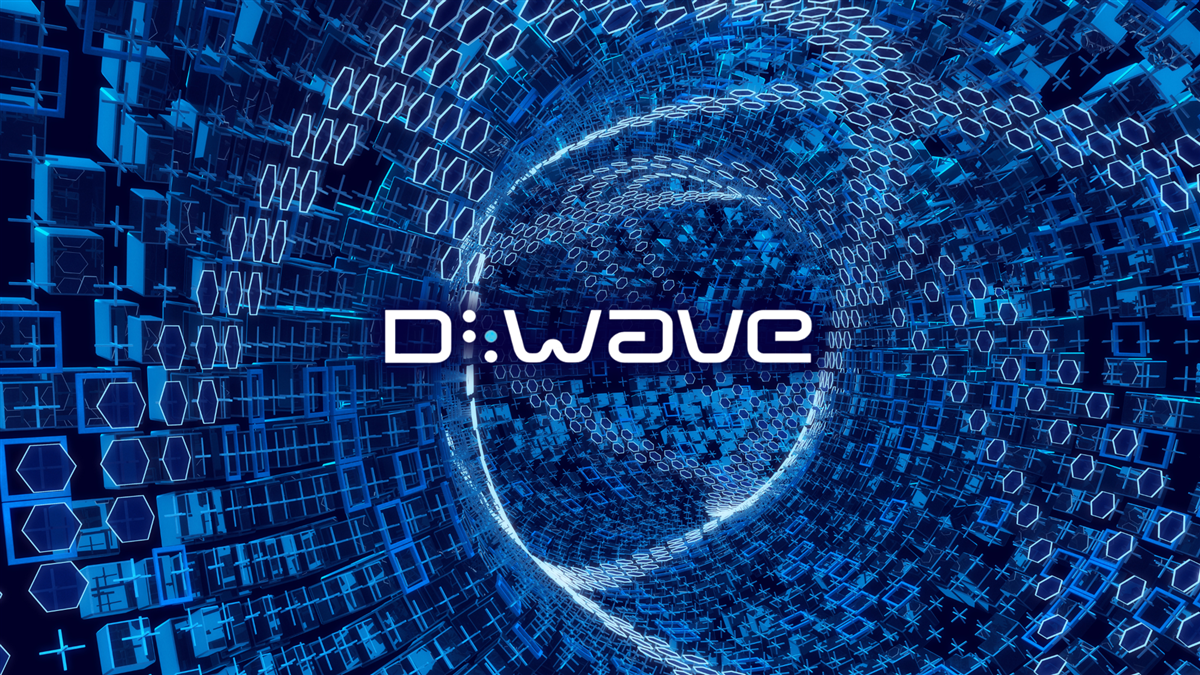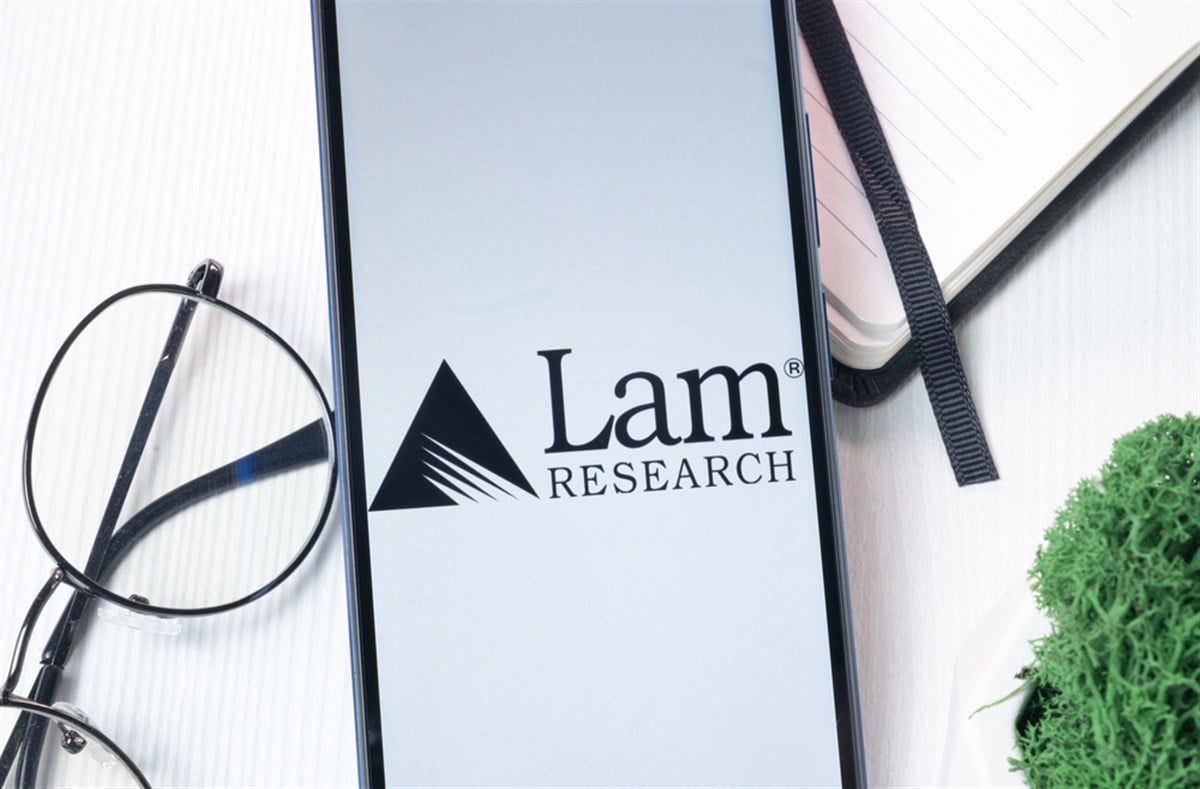An Earnings Win With a Stock Slump: What's Happening With D-Wave?

One of the most-hyped earnings reports of the quantum industry this season ended not with a rally, but a retreat. Shares of D-Wave Quantum Inc. (NYSE: QBTS) fell by nearly 22% in the first full week of trading in November 2025, closing the week under $30 per share. The drop followed the quantum leader reporting third-quarter earnings on Nov. 6, capping off a broader slide that has now erased roughly one-third of QBTS stock value since mid-October.
This comes while D-Wave stock is still up 1,700% year-over-year (YOY). D-Wave's earnings report actually included some mighty impressive news—revenue and bookings are surging, technological advances are well underway, and the company's cash position remains strong.
In light of such positive earnings news, investors may wonder why the market seemed to shun the firm. Ultimately, despite notable progress in the areas above, D-Wave seems to have failed to convince investors that it has unlocked widespread marketability and consistent profitability.
The Bright Side of D-Wave's Earnings
The case for D-Wave's commercial viability is growing stronger, evidenced by its impressive revenue growth. Revenue more than doubled YOY to $3.7 million, easily surpassing analyst predictions.
An after-quarter agreement worth 10 million euros (about $11.6 million) for an Advantage2 system installation in Italy already bodes well for this momentum continuing through the end of the year.
Bookings also climbed to $2.4 million for the third quarter, further indicating rising demand for D-Wave's quantum solutions.
The company has also achieved notable gains in the technology sector.
D-Wave continues to make the case for its military and defense applications, particularly now that the Advantage2 system at Davidson Technologies is fully operational. D-Wave seems eager to expand its offerings, as it begins testing prototype chips for the upcoming Advantage3 system and making progress in building its gate-model technology.
The company's cash position remains incredibly robust at $836 million to end the third quarter—this is a whopping 2,700% increase from the company's cash reserves just a year earlier—positioning the company for further growth. Cloud services business and quantum solutions sales helped drive expansion in GAAP gross margin to 71.4% as well. Adjusted net losses narrowed (with losses per share coming in narrower than analysts predicted) despite increased expenses due to higher research and development costs.
Facing Sky-High Expectations
While all of the above are encouraging signs of D-Wave's continued potential, the primary near-term concern for the company is the same as the one plaguing all pure-play quantum companies: when will the technology be widespread enough that profitability ceases to be an issue?
Investors appear to agree that quantum technology will achieve this goal eventually, but many are wary of waiting years for consistent returns, especially if it's not D-Wave that achieves them first.
Can D-Wave Leverage Its Lead?
There's little doubt among investors that D-Wave will remain a strong candidate in the competitive quantum space.
One needs only to look at the massive returns in the last year to see evidence of this. Furthermore, 11 out of 13 analysts rate QBTS shares a Buy, indicating general optimism.
There is a widespread expectation that the firm will deploy some of its massive cash pile to go on a shopping spree for smaller quantum tech rivals, which would allow it to expand its capabilities and eliminate future competition.
However, while D-Wave's customers continue to be large-scale researchers and governments, the firm has yet to demonstrate its appeal to a wider demographic that will be vital as it aims to build recurring revenue. Until it does, and while shares remain highly valued, investors are likely to continue exercising caution surrounding this company.
Learn more about QBTS


